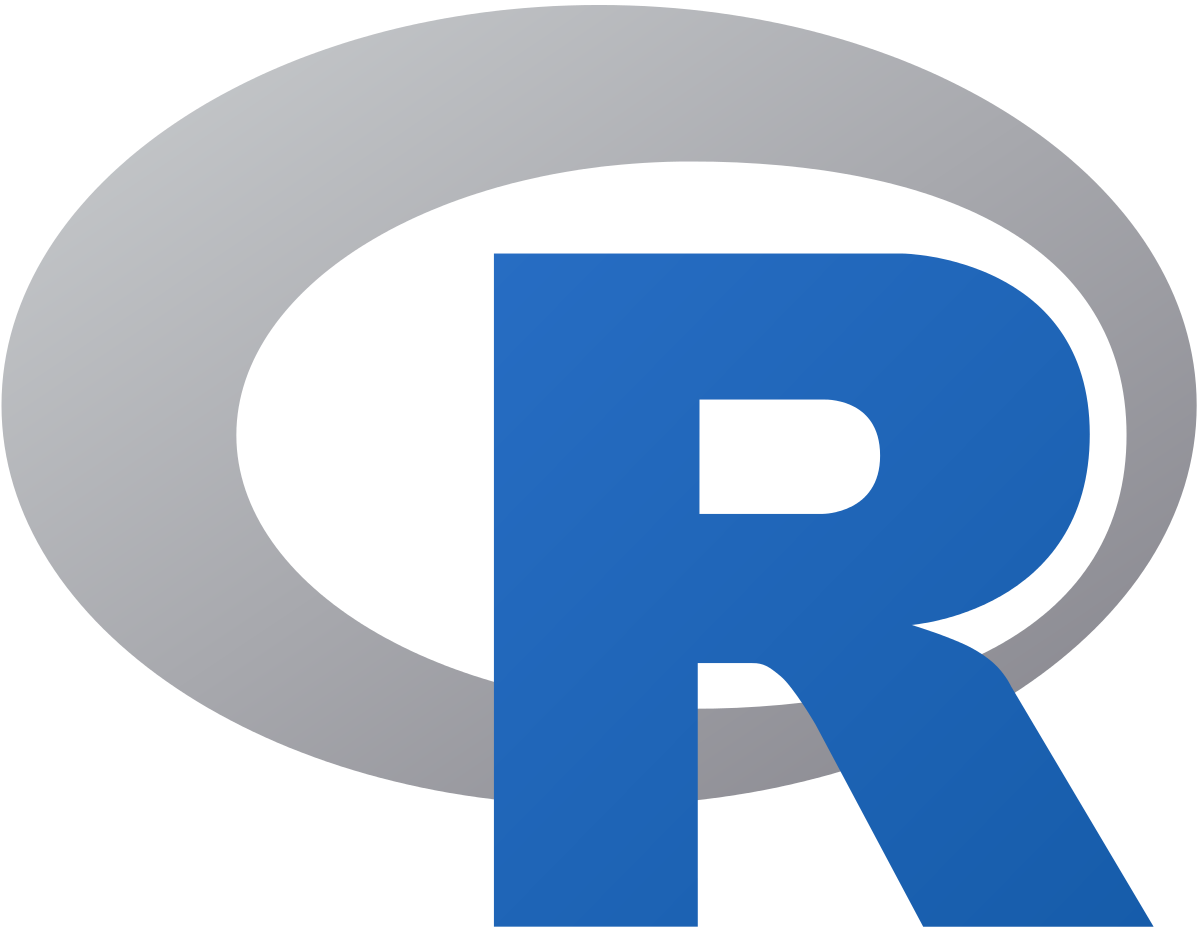Discussions about the benefits and drawbacks of specific programming languages somewhat resemble discussing religion or politics. Those who are interested in such things all have very strong opinions about them can spend hours explaining why they are right and completely fail to persuade their opponents who happen to have just as strong opinions on the subject.
Nevertheless, an objective evaluator can single out certain advantages and disadvantages of using specific programming languages for specific purposes. So, if you ask yourself whether you should study R programming, here is exactly such an objective evaluation.

R Is a Top Statistical Programming Language
There can be no two opinions about it – R is one of the most popular and best-suited programming languages for statistical modeling and analysis. Solutions based on R work excellently at all stages of data analysis, starting with data collection and ending with organizing and reporting the conclusions gleaned from the analysis. This alone makes R and related tools, like R Studio, quite a viable direction for professional development. As businesses and other organizations use progressively more data in their decision-making and day-to-day operations, the importance of R and other languages dealing with data analysis is only going to grow.
R Is Open-Source
Being open-source is a huge advantage for any programming product. It means that anybody can use it without acquiring a license or paying a subscription fee. All you have to do to start working with R is the decision to do so. Not only does it make for an easy entry – it also means that there is a huge community of dedicated programmers around R. Its members constantly come up with something new and are ready to help those who encounter any problems. In other words, if you need R programming assignment help, you can always easily find somebody to give you good advice.
R Has Multiple High-Quality Libraries
The very same extensive community support led to the emergence and maintenance of numerous libraries that make R development faster, easier, and more refined. In other words, it does not matter whether you prepare a homework assignment for your programming class or participate in real development, you are almost bound to find a library or libraries that will make this process faster and more manageable.
Cross-Platform Support
R is platform-independent, meaning that it runs equally easily on Windows, Linux, and Mac. You don’t have to worry about compatibility – as long as you use this language, it is simply not an issue. You write a program once, and it works properly, no matter what platform it is used on.
R Is Used in Machine Learning
R is extensively used in one of the most promising and rapidly developing areas of programming today – machine learning and the development of artificial intelligence. For example, Facebook does the majority of its ML research using R. This means that if you want your career to proceed in this direction, you certainly should think of taking a course in R during your time in college.
R Is Used by Many Businesses
Largely because of its aforementioned open-source nature, R is a popular choice for many businesses, especially data-driven ones. It can be freely modified and redistributed in the way the user needs it, which means that with the help of skilled R programmers, any business can build and tweak R-based solutions according to their own needs. R’s excellent visualization capabilities make it a natural choice for any organization that is willing to incorporate insights based on data analysis into its processes.
Students Studying R Create a Foundation for a Lucrative Career
As we have already mentioned, R is extensively used in data science, which is, in turn, the field that currently offers some of the most high-paying jobs across all IT sectors. The median starting salary of a data scientist in the USA is about $95,000, while data science professionals in managerial positions can easily make $250,000 and more.
R Is Used in Virtually All Industries
A professional programmer specializing in R can work in virtually any industry, as this language is used in all spheres of human activity, from finance and banking to retail and engineering. Whether you want to work for a business, non-profit organization or a research institute, you will be able to find employment to suit you.
Is R Ideal?
Despite all its benefits, you have to consider a few things before you commit to studying R.
First of all, most people agree that R has a much steeper learning curve than most other programming languages. It is no wonder that high-grade R programmers earn so much – before they can enjoy their high incomes, they have to put in a huge amount of time and effort. R’s syntax is very different from most other languages, which means that the programming you already have done will largely be useless. However, people with no prior programming experience will probably find it even more difficult.
Secondly, its very open-source nature, while beneficial for the language’s development, means that there is no official support. Formally, R Project may require all its packages to be extensively documented. However, with thousands of programmers from all over the world who speak different languages and are not organized in any way developing thousands of packages, there is no guarantee that all of them are going to be sufficiently documented. If you run into trouble, you can turn to the community, but you never know how qualified the people who respond to you are, and you cannot be sure that you will get an answer within a reasonable amount of time.
However, if these two drawbacks do not scare you away, by all means, focus on R both college, take additional online courses, and look for suitable mentors. If you apply enough time and effort, you can expect to lay a foundation for a fascinating and profitable career the likes of which you are hard to find in any other field.